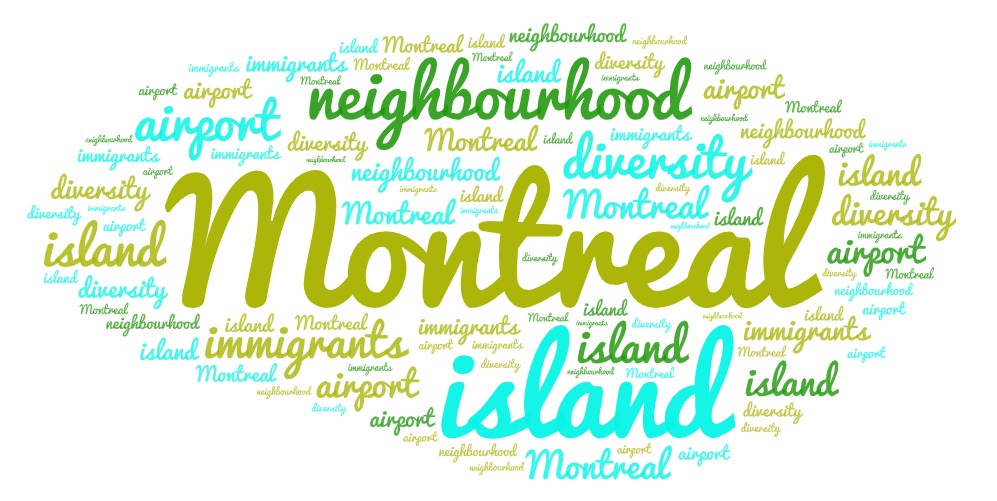
Description of educational activity
Can you discover Montréal in 90 minutes? Yes, with Montréal 101! This activity, held in the Montréal permanent exhibition and museum’s public spaces, is an excellent introduction to life in Montréal. To start, students think of words they associate with the city to create a word cloud. They then take part in a guided tour where they’ll learn about Montréal’s geography, history and spaces, as well as people’s daily lives. The MEM team will share handy tips along the way. For example: it’s great to learn about urban development and different neighbourhoods, but how do you find your way around a city where north doesn’t mean true north? Finally, students will be invited to share their impressions of the new city they’re adapting to.
Objective
- Discover the City of Montréal through an exploration of the identities and ways of life of its residents.
- Practice speaking English by learning important new words and concepts.
Links to the Québec Education Program (QEP)
Secondary
Cross-Curricular Competencies
- Interact orally in English
The MEM is listed in the Répertoire Culture-Éducation. The activity Montréal 101 is eligible for financial support through the Field Trips to Cultural Venues program.
Educational vision
The MEM's educational offering is the fruit of a collective effort involving a committee of some fifteen teachers and education specialists, as well as community partners working in the fields of civic engagement, living together and accessibility.
Our educational programs aim to equip young people to become citizens interested in their city, its challenges and its history. They aim to foster their awareness of the importance of living together and their commitment to their community.
Our programs talk about Montreal, its history, its territory and its people, through such perspectives as neighborhoods, immigration, citizen power and disability. The varied activities that make up our programs encourage students to share their experiences, develop critical thinking skills and empathy, and foster civic engagement.